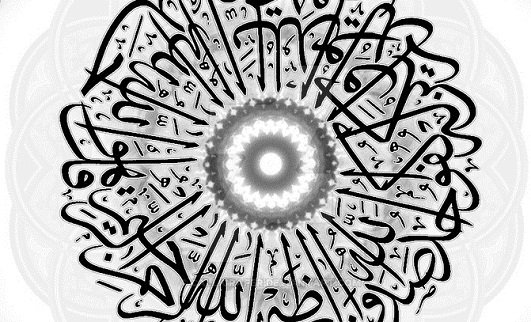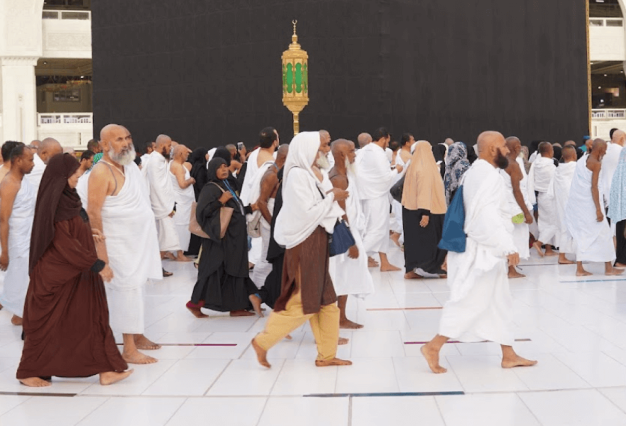Question:
What is the meaning of this ḥadīth? Can you provide some clarification?
The Prophet (peace and blessings upon him) said to his companions, “Is it difficult for any of you to recite one third of the Qur’ān in one night?” This suggestion was difficult for them, so they said, “Who among us has the power to do so, O Allāh’s Apostle?” Allāh’s Apostle (peace and blessings upon him) replied, “Allāh (the) One, the Self-Sufficient Master Whom all creatures need.’ (sūrat al-Ikhlāṣ 112.1–to the end) is equal to one third of the Qur’an.”
Answer:
May Allāh bless you for your eagerness to learn.
General Explanation of the Ḥadīth
The ḥadīth you have quoted is recorded in Ṣaḥīḥ Bukhārī. A basic general meaning to the ḥadīth is that the Prophet (peace and blessings upon him) asked the Companions if they would be able to recite one third of the Qur’ān in a single night. Most Companions found this task difficult (due to the length of time this task would take and also the fact that majority Companions would deeply ponder over every verse in meaning and understanding its injunctions before proceeding on to another verse). So the Prophet (peace and blessings upon him) then announced the recitation of Sūrah Ikhlāṣ (chapter 112 of the Qur’ān) will be considered equal to one third of the Qur’ān.
Meaning of Sūrah Ikhlāṣ Equalling One Third of the Qur’ān
There are several interpretations regarding what exactly is the definition of Sūrah Ikhlāṣ being equal to one third of the Qur’ān. Here below are a few explanations:
- Sūrah Ikhlāṣ has the name of Allāh ‘Al Ṣamad’ (The Absolutely Independent Being). This name of Almighty Allāh is not found in any other sūrah of the Qur’ān, hence the surah is regarded as one third of the Qur’ān (Tafsīr Al Qurṭubī)
- Sūrah Ikhlāṣ equals one third of the Qur’ān in reward. This is an exclusive virtue of this chapter of the Qur’ān. (Ṣafwat Al Tafāsīr)
- The Qur’ān generally comprises of three major themes. Sūrah Ikhlāṣ summarizes one of the three themes, hence it is considered one third of the Qur’ān;
- Imam Fakhruddīn Al Rāzi states in his Al Tafsīr Al Kabīr “The ultimate purpose of all the rulings of religion and worship are three fold; recognition of the Being of Allāh, recognition of the Attributes of Allāh and recognition of actions. This sūrah comprises of recognizing the Being of Allāh”. (Al Tafsīr Al Kabīr)
- “The knowledge (‘ulūm) of the Qur’ān is generally divided into three topics: Tawḥīd (belief in One God), Aḥkām (rulings) & Qaṣaṣ (stories). This Sūrah is a comprehensive explanation of Tawhīd”. (Ṣafwat Al Tafāsīr of Imam Al Ṣābūnī)
- “Sūrah Ikhlāṣ covers one of the three major themes of the Qur’ān, that being Tawhīd (oneness of God). The three Qur’ānic themes are Tawhīd (oneness of God), Tashrī’ī (rulings) and Akhlāq (character)”. (Nuzhat Al Muttaqīn)
- “The three topics of the Qur’ān are Aḥkām (rulings), Wa’ad wa Wa’īd (glad tidings and warnings) and Asmā wal Sifaat (Allāh’s Names and Attributes). Sūrah Ikhlāṣ discusses the topic of Asmā wa al Ṣifāt”. (Imam Al Qurṭubī in his Tafsīr)
And Allāh Knows Best




